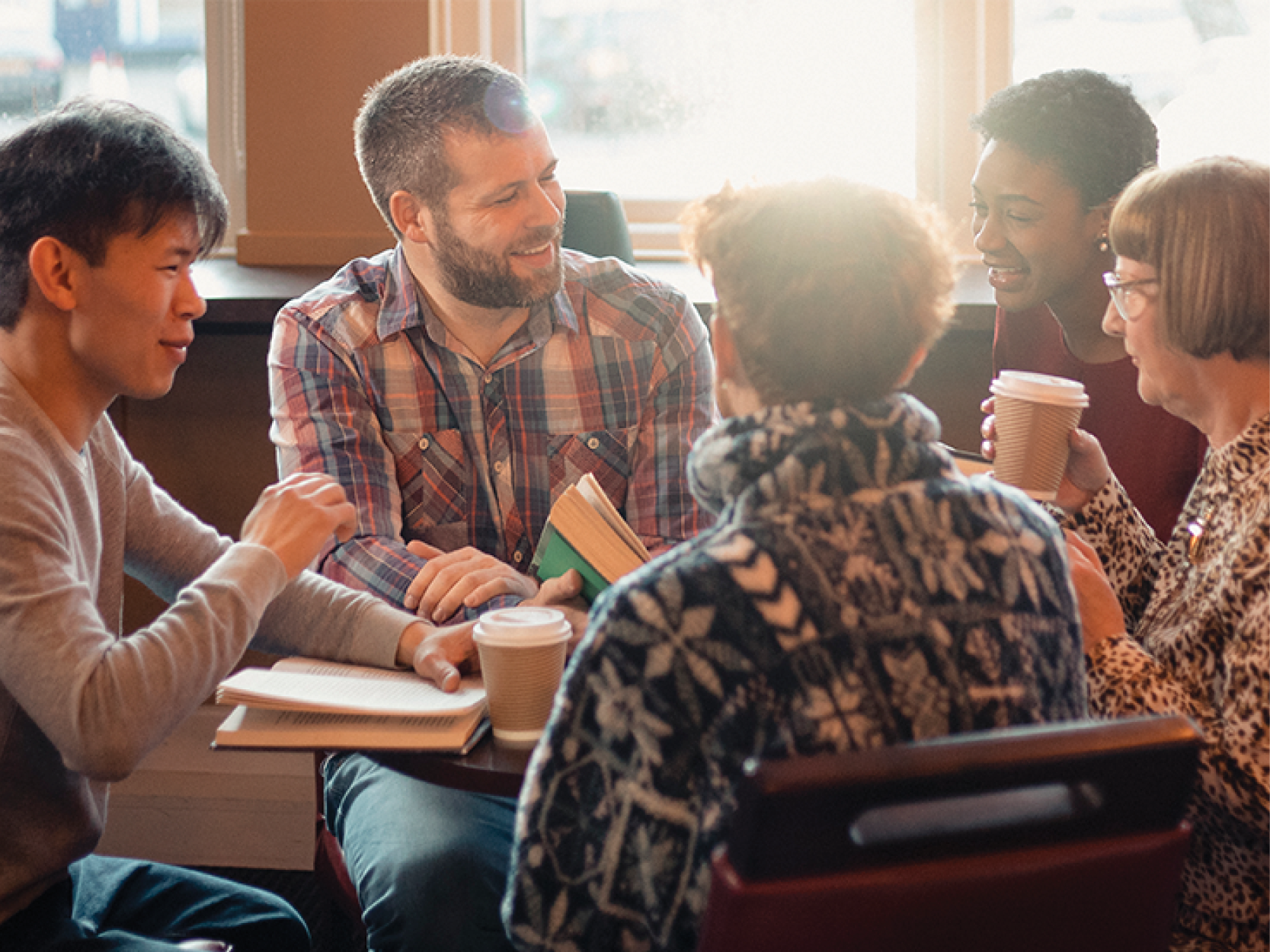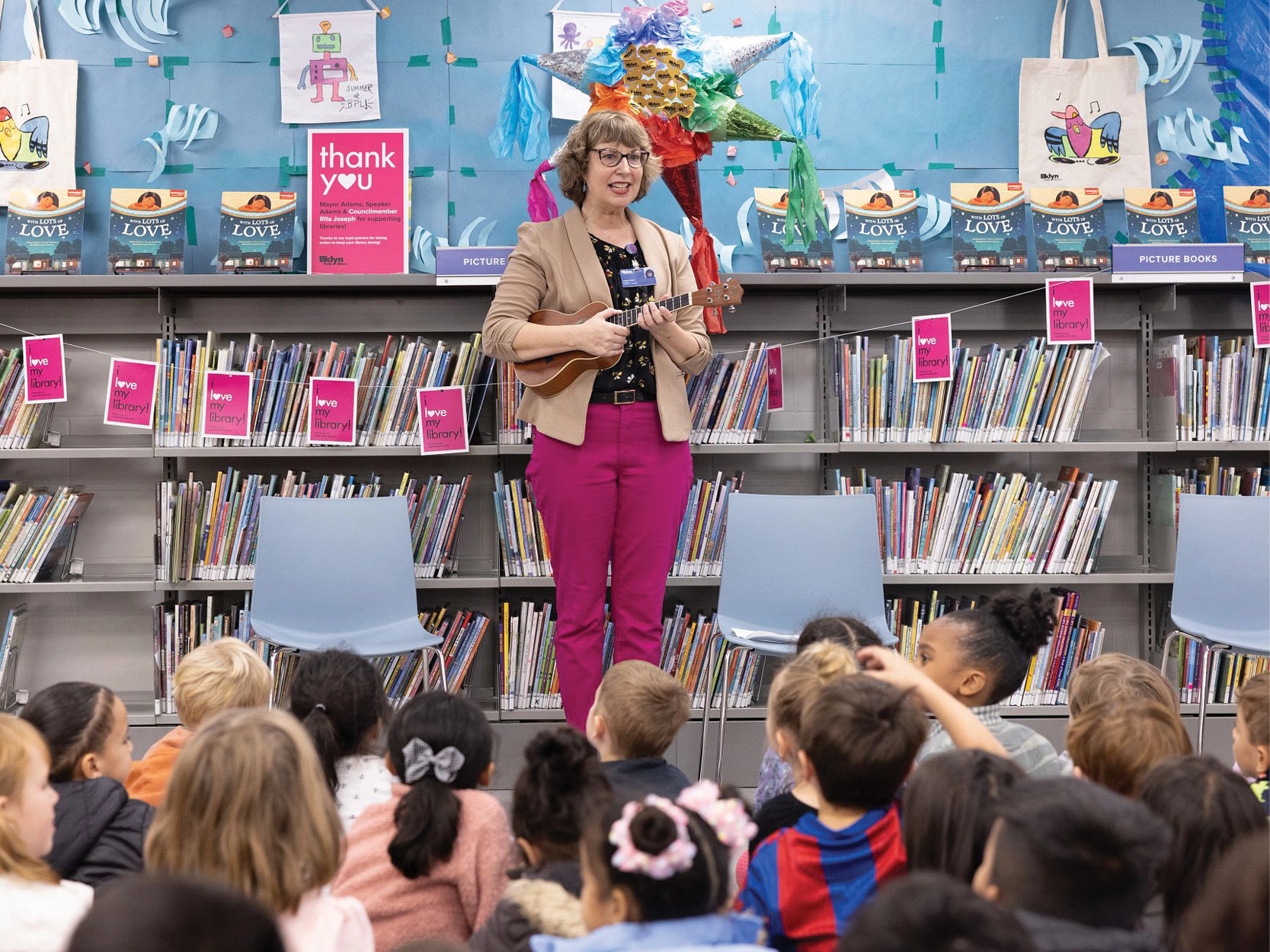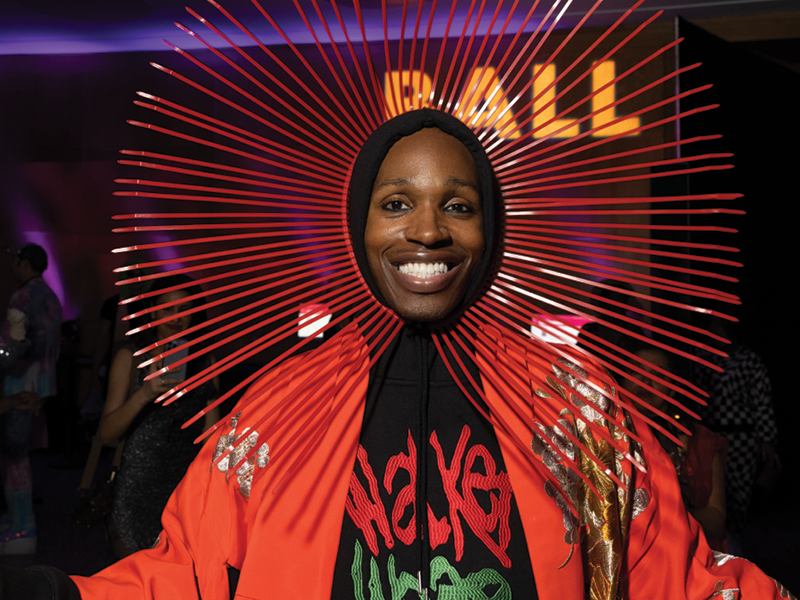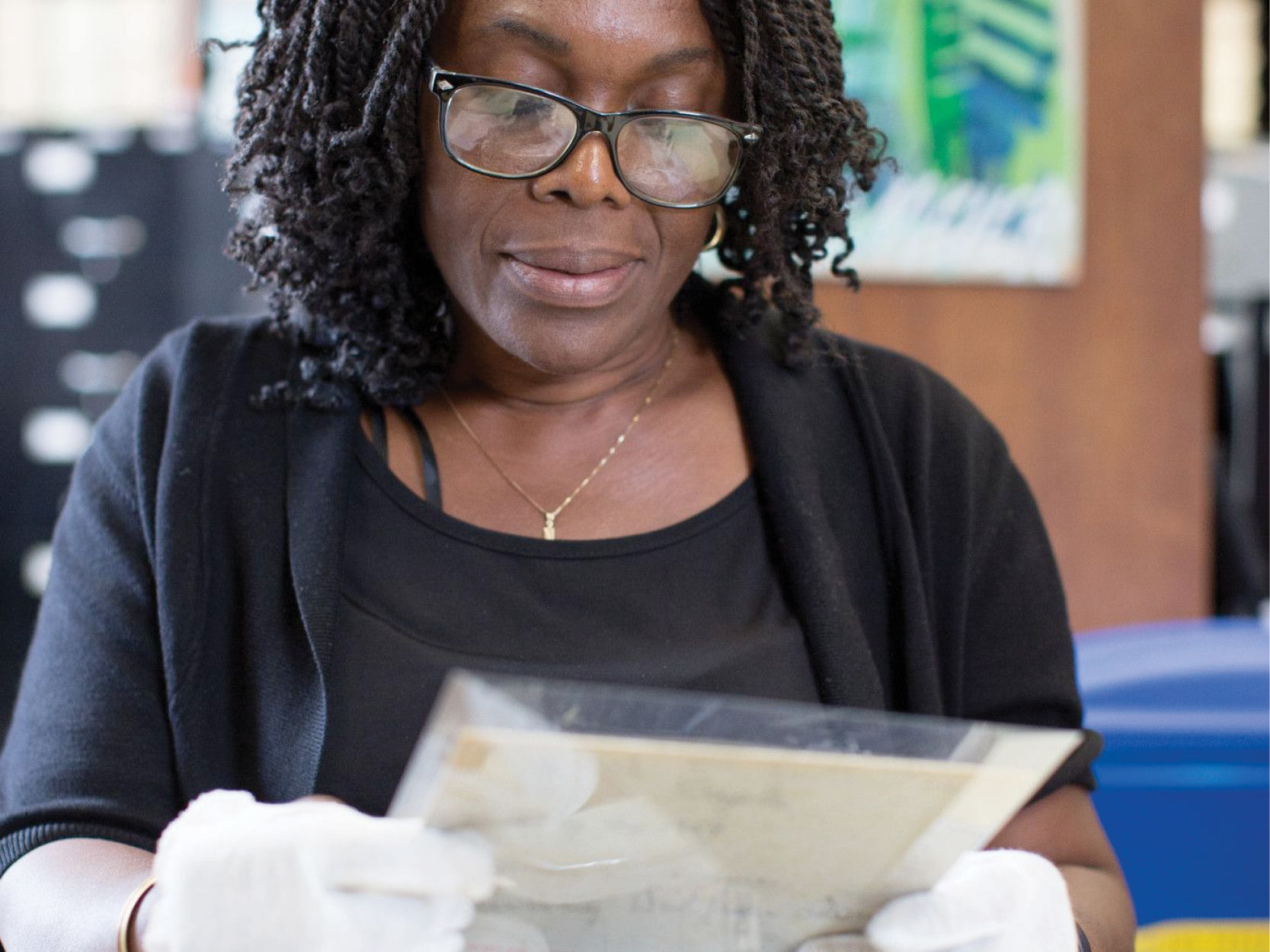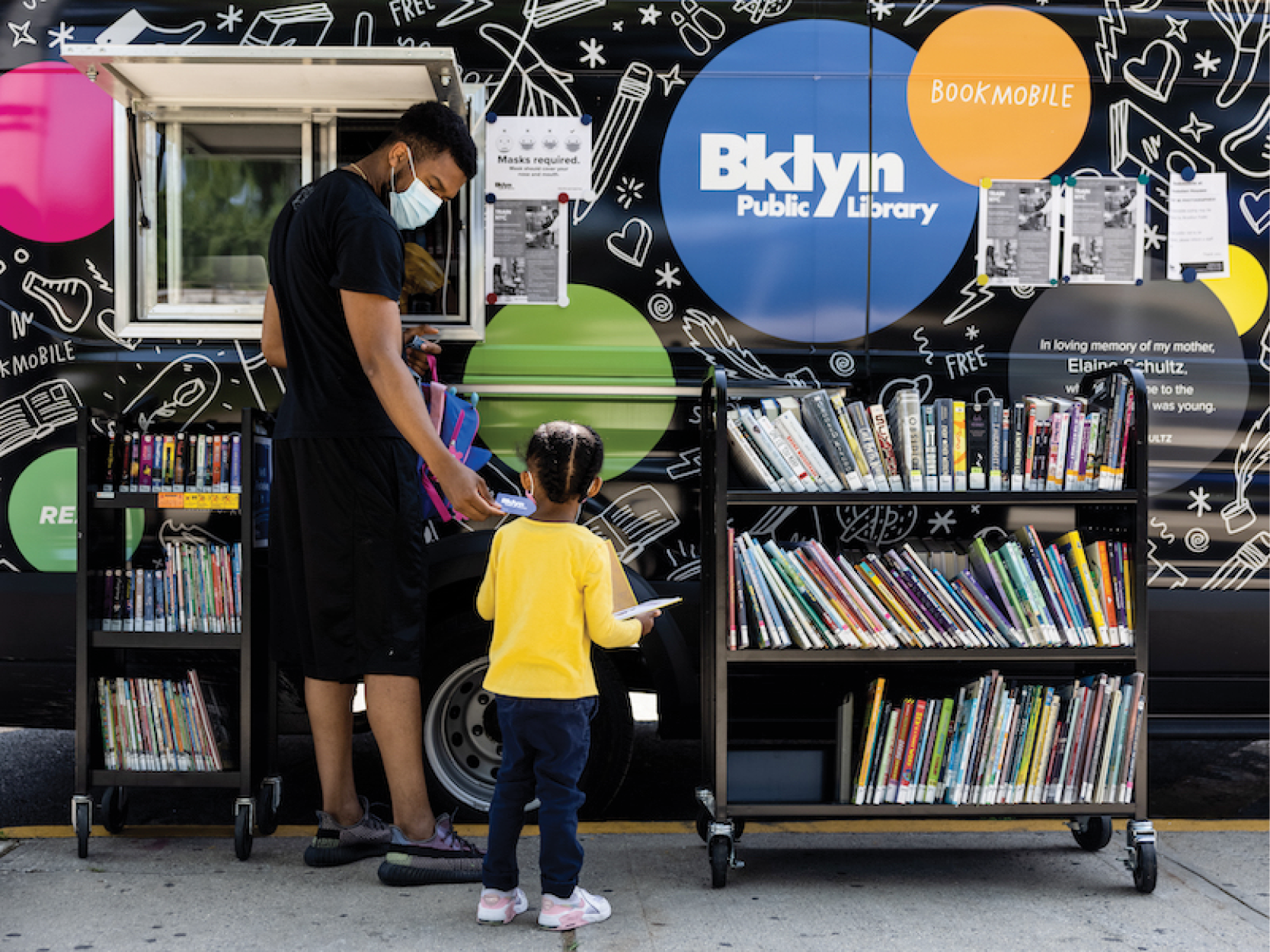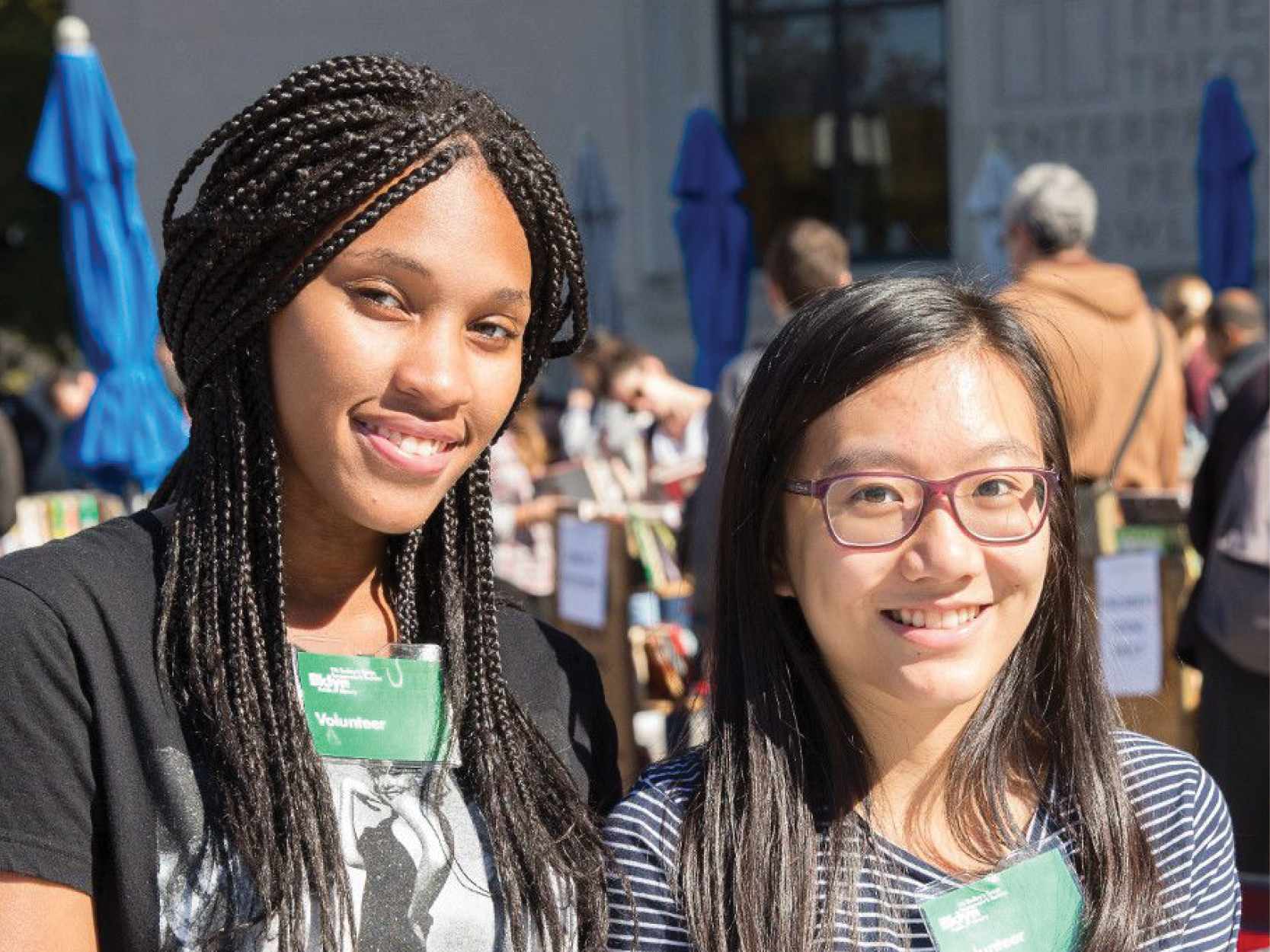
Have you ever witnessed a solar eclipse? When the moon passes over the sun at just the right angle, it can look like the sun is missing in the middle of the day! While eclipses happen every year, it's not common to see one where you live. In October and April, there will be two partial eclipses visible from Brooklyn!
On Saturday, October 14 we will be able to see an Annular Solar Eclipse. This celestial event will cross over the US from Oregon to Texas. In Brooklyn, you won’t see any daytime darkness. This eclipse will cover about 20% of the sun at its peak at 1:22pm. The annular eclipse will last from 12:09pm to 2:36pm.
Then, on Monday, April 8, 2024, a Total Solar Eclipse will cross the US from Texas to Maine. In Brooklyn this eclipse will peak at 3:25pm, covering about 90% of the Sun. The total eclipse will last from 2:10pm to 4:36pm.
Solar eclipses happen all over the world at least once a year. However, after April’s event, the next solar eclipse over North America won't occur until 2044!
What is a Solar Eclipse?
During a solar eclipse the Moon passes between the Sun and Earth and blocks all or part of the Sun. During a total solar eclipse, the Moon lines up perfectly to fully block the Sun; in a partial solar eclipse, the Moon only blocks part of the Sun; and during an annular eclipse, alignment is perfect but the Moon is too far away from the Earth to completely obscure the Sun. (Source: NISE Network)
How can I view a solar eclipse?
Even if you are in a place where the sun is completely blocked out: Never look directly at an eclipse without protection.
The safest way to view an eclipse is wearing eclipse glasses, which will protect your eyes. Make sure the glass lenses do not have any tears or holes before using them, especially if you are reusing ones from a previous eclipse. NASA has a list of recommended suppliers that sell safe sun filters. It is not recommended that you purchase glasses from unknown suppliers, looking at the sun with non-eclipse safe filters can permanently damage your eyes.
Don’t have any glasses? No sweat! You can use indirect methods for observing an eclipse. These also make for fun activities for children and adults. Indirect methods include:
- Observing leaf shadows under a tree, or using your fingers to make a grid on the ground.
- Using "pinhole projection" by looking at the shadow cast from a colander, slotted spoon, or a homemade pinhole camera.
- Making a pinhole projector with a cereal box or a pair of binoculars.
Learn More
Want to learn more about Solar Eclipses? Explore topics like the solar system, light, and shadow with Booklists from BPL.
- BKLYN Little Scientists Light and Shadow Booklist
- BKLYN Pre-K for all Light Unit Booklist
- Children’s Books About Space
- BKLYN eclipse, the moon, and space (made for 2017 eclipse)
Have fun and remember to keep looking up!
This blog post reflects the opinions of the author and does not necessarily represent the views of Brooklyn Public Library.
Post a Comment
While BPL encourages an open forum, posts and comments are moderated by library staff. BPL reserves the right, within its sole discretion, not to post and to remove submissions or comments that are unlawful or violate this policy. While comments will not be edited by BPL personnel, a comment may be deleted if it violates our comment policy.
eNews Signup
Get the latest updates from BPL and be the first to know about new programs, author talks, exciting events and opportunities to support your local library.
